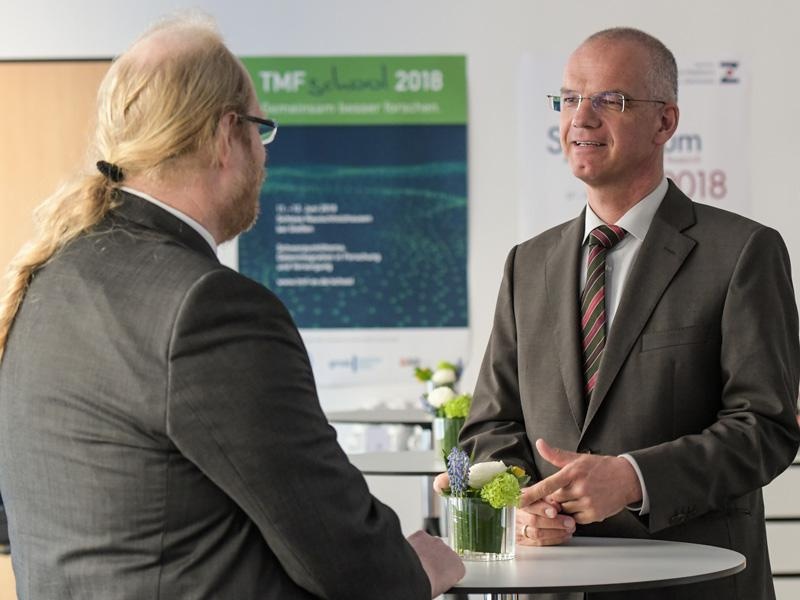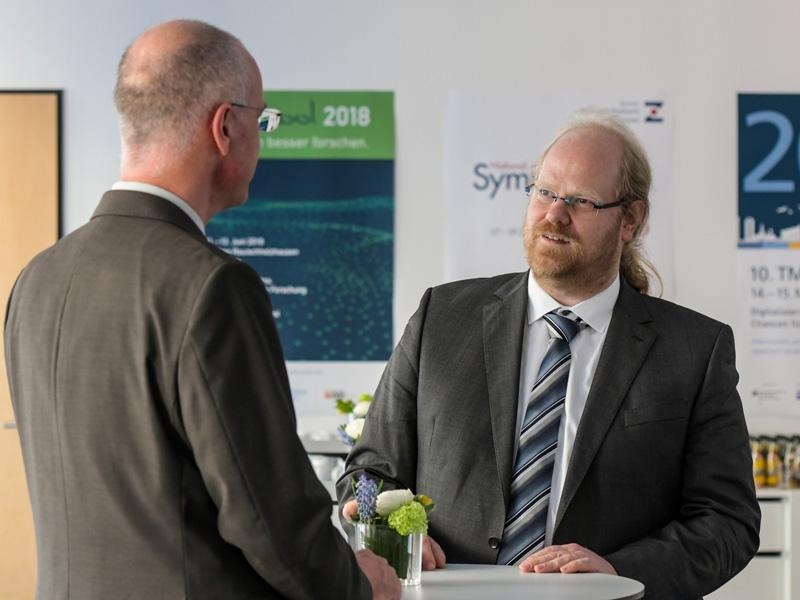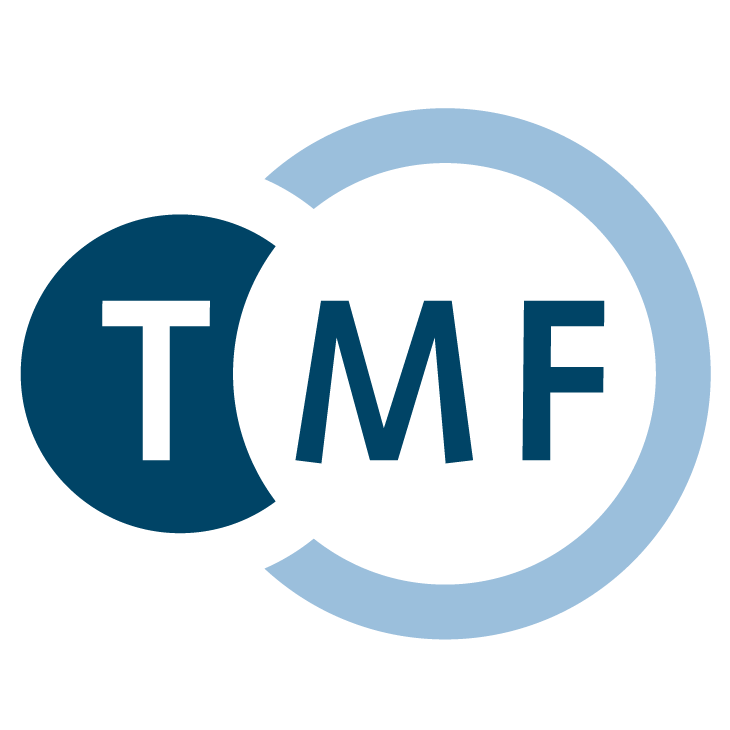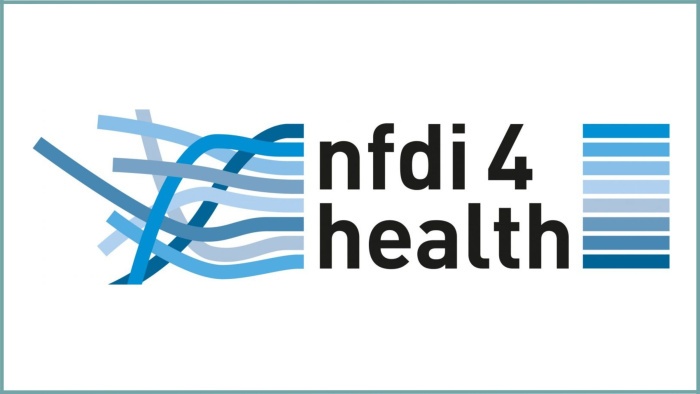"We Urgently Need a Nationally Uniform Documentation Standard for the Entire Care Chain of Emergency Patients"

© bonezboyz - stock.adobe.com
In Germany, approximately 21 million patients seek medical emergency care in hospitals each year. However, cross-institutional statements on this matter are impossible because there are neither uniform standards in the documentation of acute medicine nor a central institution that could consolidate this data. Prof. Dr. Röhrig and Prof. Dr. Walcher pointed this out in an interview on the occasion of the joint parliamentary evening "Digitization in Emergency Medicine" of the research network project AKTIN ("Improvement of Health Services Research in Acute Medicine in Germany by Establishing a National Emergency Department Register") and the TMF on April 18, 2018, in Berlin. Since 2013, the AKTIN project, funded by the BMBF, has been developing the foundations for a national emergency department register to make data from acute and emergency medicine accessible for cross-cutting quality management, health services research, and surveillance.

© TMF
How is emergency care documented in German hospitals today, Professor Walcher?
Prof. Dr. Walcher: The emergency departments of German hospitals have different documentation practices. Medical emergency care is often documented on paper according to in-house standards. IT applications are increasingly being used, but they do not allow for cross-institutional data use. Therefore, it is currently impossible to make statements about the state of emergency medicine in Germany based on daily clinical documentation. Also, the data cannot be used across locations for scientific studies aimed at improving care.
What are the consequences of this situation? How does it affect patient care and the work of rescue workers, emergency physicians, and hospitals?
Prof. Dr. Walcher: We know almost nothing about the status quo of treatment in German emergency departments. Cross-institutional quality assurance or nationwide benchmarking of clinical emergency care is simply impossible due to the lack of a uniform database. Everything we know comes from sampling data collection through surveys or studies.
With some certainty, however, it can be said that as a result of inadequate data exchange between contract physicians, rescue workers, and hospitals, redundant documentation, decisions based on loss of information, and even unnecessary duplicate examinations occur. In emergency medicine, problems in communication and coordination among the involved stakeholders in care become evident. There is considerable potential for improvement in this area.

© TMF
Professor Röhrig, what exactly is AKTIN doing to improve this situation?
Prof. Dr. Röhrig: All 15 clinics in the AKTIN project use the emergency department protocol of the "German Interdisciplinary Association for Intensive and Emergency Medicine" (DIVI). As a uniform minimum documentation standard, this part of the treatment documentation forms the basis for reports to the central emergency department register. AKTIN pursues a decentralized approach, where the data remains in the individual clinics and, thus, in the treatment context. If there is a request for a scientific question, only the necessary data are anonymized and merged while ensuring data protection. In the end, AKTIN creates an electronic infrastructure with the emergency department that can serve as a tool for optimizing quality management in emergency departments, fundamentally improving health services research in German acute medicine, and serving as a basis for surveillance measures.
What conclusions can be drawn from the AKTIN project for the digitization of emergency medicine and the entire German healthcare system? What structures still need to be created here?
Prof. Dr. Röhrig: AKTIN focuses on intra-clinical acute and emergency medicine. If you consistently follow the project's approach, it becomes clear that we urgently need a nationally uniform documentation standard for the entire care chain of emergency patients – starting from the emergency control center through the rescue service, emergency medical service, office-based physicians, and contract physician emergency service to emergency departments, cardiac catheterization laboratories, and intensive care units in hospitals. For each treatment case, the corresponding, coordinated minimum documentation standards must be collected and communicated to avoid relevant information loss at the interfaces and enable cross-cutting evaluation. The implementation requires a national authority that also controls the medical vocabulary (Value Set Authority).
Contract medical, rescue service, outpatient, and inpatient emergency care must be included in quality assurance measures across sectors. Against this background, it is necessary to create an infrastructure with which data from all care partners, including emergency control centers, can be merged in a national institution, which has yet to be established. Because only when looking at the entire care chain is an individual assessment of the individual care elements possible.
Regarding the entire healthcare system, the goal should be to use only the internationally established, open communication standards for medical documentation, especially HL7-CDA, HL7-FHIR, IHE, and, of course, SNOMED CT. For this, Germany must become a member of the International Health Terminology Standards Development Organisation (IHTSDO), the organization that maintains and publishes SNOMED CT. With national membership, both the usage rights for SNOMED CT and the right to contribute national concepts are associated. From a scientific, economic, and, above all, a care perspective, I consider it necessary for the Federal Republic of Germany to become a member promptly. It cannot be that everyone talks about digitization, but we are left behind in the area of the basis of interoperability by our neighbors Denmark, Holland, Belgium, Switzerland, and Poland.
Another problem with the introduction of standards is the effect that standards benefit the recipients of information, but the effort arises at the data source. Regulation by a higher authority is needed to overcome the local optimization effects at the data sources. Here, we can learn from the Meaningful Use Program in the USA, which has successfully supported the dissemination of documentation and communication standards with a bonus/malus system.
What is the future of AKTIN?
Prof. Dr. Walcher: The project funding from the BMBF, which enabled us to establish the AKTIN emergency department register, will expire at the end of October 2019. However, within the project, we have created an infrastructure that serves scientific curiosity and plays an important role in improving patient care. Collecting, processing, and providing the necessary data for quality management in emergency care is a public task that serves the common good. From our point of view, the infrastructure of the emergency department register should, therefore, urgently be continued by the public sector. The continuation of the register could be excellently located at the National Quality Center for Emergency Care, outlined by Mr. Röhrig. The medical societies involved so far, notably the DIVI, should be included as cooperation partners.
The interview was conducted by Sophie Haderer (TMF).
Brief Information about the Individuals
Univ.-Prof. Dr. med. Rainer Röhrig is a physician and medical informatician and a professor of medical informatics at the Faculty VI Medicine and Health Sciences at the University of Oldenburg. His scientific focuses are IT infrastructure for biomedical research, decision support, and patient safety through information technology, especially in emergency and intensive care medicine. He has been on the board of the TMF since 2014.
Univ.-Prof. Dr. med. Felix Walcher has been the Director of the University Clinic for Trauma Surgery in Magdeburg since 2014. His clinical and scientific work focuses, among other things, on the care of severely injured patients, health services research in acute and emergency medicine, educational research, and the safety of human-robot collaboration. He is the General Secretary of the German Interdisciplinary Association for Intensive and Emergency Medicine (DIVI), Speaker of the Convention of University Professors for Orthopedics and Trauma Surgery, and Federal State Moderator of the Trauma Network Saxony-Anhalt.
Professors Walcher and Röhrig are the principal applicants of the AKTIN project.
AKTIN Project: Establishment of a National Emergency Department Registry to Improve Health Services Research in Acute Medicine
The BMBF-funded collaborative research project "Improvement of Health Services Research in Acute Medicine in Germany through the Establishment of a National Emergency Department Registry," abbreviated as AKTIN, is developing the foundations for a national emergency department registry. Based on the emergency department protocol of the DIVI, a standardized, structured documentation in the emergency department, a nationwide uniform, standardized, electronic infrastructure for emergency department patients is being created with the help of the emergency department registry. The project operates with a decentralized infrastructure – this way, the data remains in the individual clinics and, thus, in the treatment context. If there is a request for a scientific question, only the necessary data are anonymized and merged while strictly adhering to data protection. The TMF is involved as a partner in the implementation of the project.
Press Contact:
Sophie Haderer
Phone: 030 - 22 00 24 730 | E-mail

About the TMF
The TMF – Technology and Methods Platform for Networked Medical Research e.V. is the umbrella organization for collaborative medical research in Germany. Initiated in 1999 by the Federal Ministry of Education and Research and funded by public funds ever since, TMF develops concepts and solutions for cross-location and interdisciplinary collaboration in medical research and promotes the linking and translation between research and healthcare. TMF makes its products freely and publicly available.


